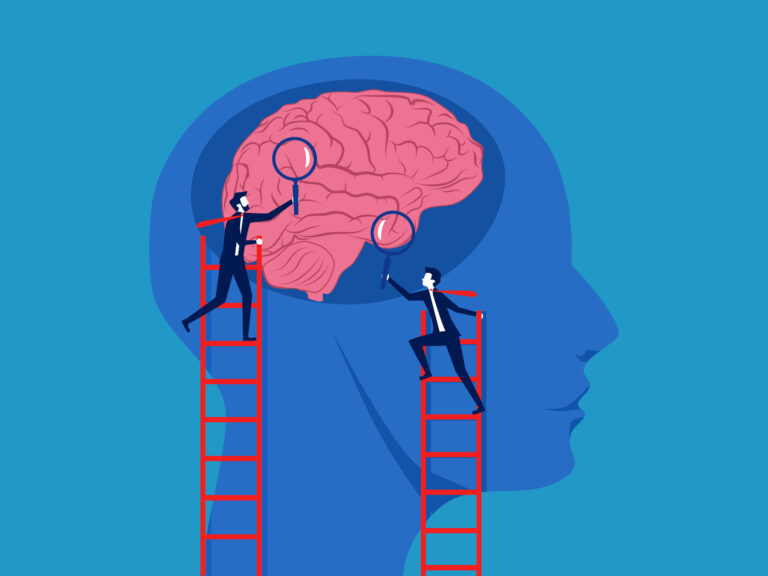In the intricate web of our brains, there exists a remarkable part known as the “upstairs brain.” This region, nestled just behind our foreheads, plays a pivotal role in our daily lives, influencing our emotional well-being, decision-making abilities, and even our capacity to navigate complex social interactions. In this article, we will delve into the fascinating world of the upstairs brain, exploring its functions and the profound impact it has on our existence.
The Upstairs Brain: A Balancing Act
The upstairs brain serves as the executive control centre of our minds. Its primary responsibility is to oversee and manage the impulses generated by the “downstairs brain,” which is responsible for our primal instincts and emotions. Think of the downstairs brain as the engine, and the upstairs brain as the driver of a complex vehicle. Here’s how this dynamic plays out:
- Coordination and Balance: The upstairs brain’s role in maintaining coordination and balance is crucial. It allows us to function in a rational and controlled manner, enabling activities like attending a lecture for an extended period without succumbing to distractions.
- The Precarious Balance: However, this balance is not etched in stone. When the downstairs brain fires up excessively, the upstairs brain’s ability to regulate and harmonize our thoughts and actions becomes strained. It’s akin to hanging off a cliff—holding on for dear life—until that inevitable moment when you let go.
- The Sudden Shift: Once the upstairs brain loses its grip, the downstream consequences are rapid and stark. Coordination evaporates, and rationality goes out the window within seconds.
The Nine Vital Functions of the Upstairs Brain
The upstairs brain isn’t merely a passive observer; it’s an active orchestrator of our mental and emotional symphony. Here are the nine vital functions it governs:
- Regulating the Body: The upstairs brain oversees the autonomic nervous system, ensuring that our body functions, such as heart rate and digestion, remain in balance.
- Empathy and Compassion: It enables us to tune into the experiences of others, fostering both empathy and compassion. We can understand and share in the emotions of those around us.
- Emotional Balance: Emotional balance, that fine line between rigidity and chaos, is a product of the upstairs brain’s intricate work. It keeps our emotional responses in check.
- Response Flexibility: This function allows us to put a pause between impulse and action. We can consider various responses before making decisions, crucial for self-control and long-term success.
- Fear Regulation: Fear, a primal emotion, can be tempered by the upstairs brain. It sends inhibitory signals to the fear centres in the brain, helping us overcome irrational fears.
Nurturing the Upstairs Brain
Understanding the significance of the upstairs brain prompts us to consider how we can nurture and develop it, not just in ourselves but also in those we care for, especially children. By fostering a healthy upstairs brain, we can equip ourselves and our loved ones with the tools to navigate life’s challenges effectively.
In conclusion, the upstairs brain, tucked away behind our foreheads, holds the key to our emotional and cognitive well-being. It is the conductor of our mental orchestra, guiding us through the highs and lows of life. By appreciating its functions and investing in its development, we can unlock the full potential of our minds and lead more balanced, fulfilling lives.








